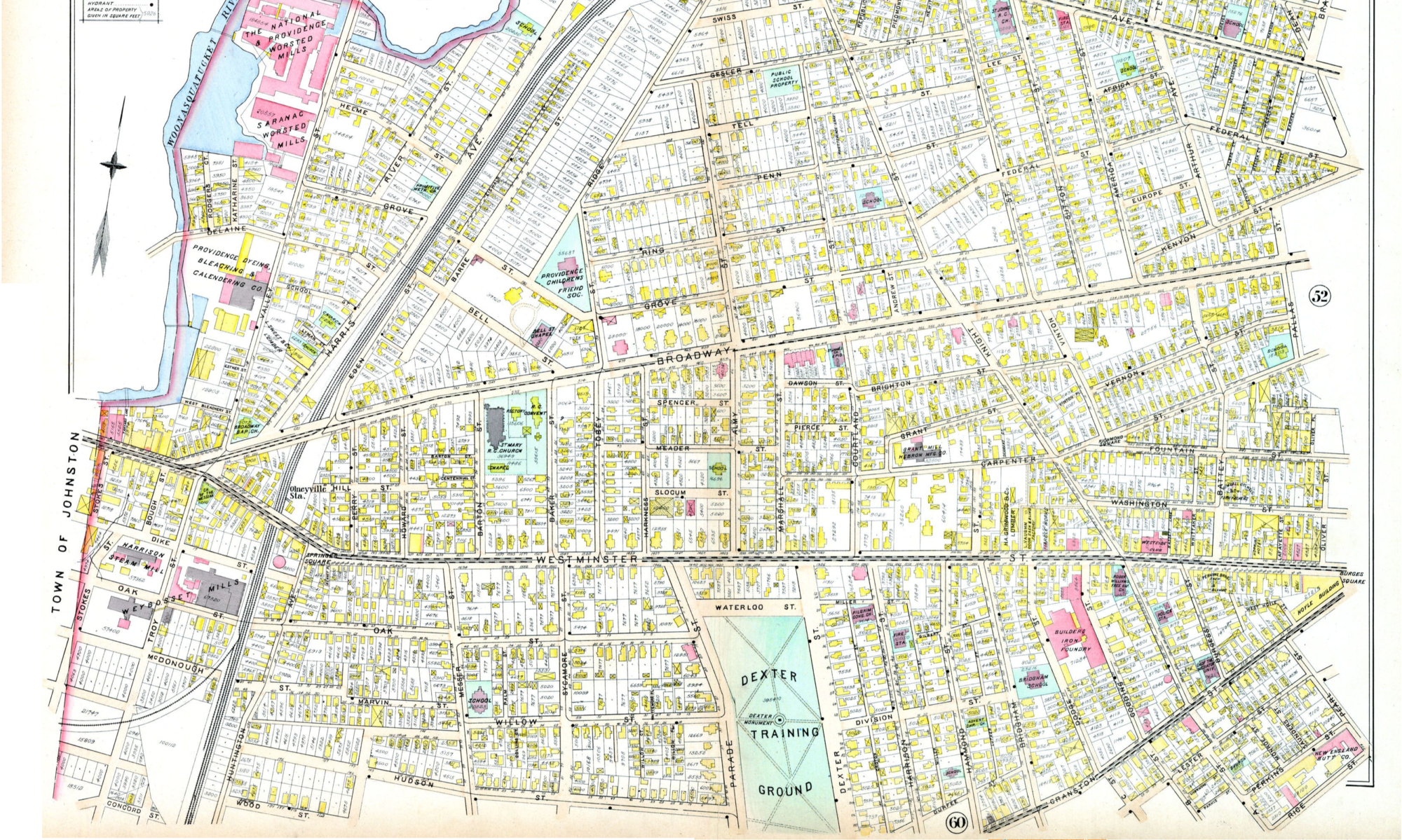 I’ve been reading the excellent book Switch: How to Change Things When Change is Hard by Chip and Dan Heath. It has a variety of strategies for creating change, mostly focusing on organizational and social change, but also with some focus on personal growth.
I’ve been reading the excellent book Switch: How to Change Things When Change is Hard by Chip and Dan Heath. It has a variety of strategies for creating change, mostly focusing on organizational and social change, but also with some focus on personal growth.
Their basic framework distinguishes change appeals to the “rider” (your audience’s logical, rational minds) and to the “elephant” (their subconscious emotional motivations). Both appeals are important, but traditionally we mostly focus on appeals to the rider. Failing to create a situation that allows the elephant to easily make the change, they suggest, is a major reason why many change efforts don’t work.
I was especially struck by a passage I just read about the “growth mindset” and the “fixed mindset”, concepts coined by psychologist Carol Dweck. The fixed mindset is pervasive and sees us as pretty much static in our abilities and traits. Think of the formulation, “he’s just slow” or “she’s a natural athlete.” The growth mindset instead views abilities as resulting from practice; you can get better at things if you work at them.
I’m particularly interested in the application of this distinction to the idea of failure. In the fixed mindset, failure is to be avoided, because other people will see your inadequacies and see that you’re loser. In the growth mindset, failure is an essential part of learning and improvement.
There are lots of great tidbits in this section (in the whole book, really) but there’s one that really resonates with me as a visual person and graph enthusiast. They refer to IDEO, a leading design firm, and the “project mood chart” that one of its designers sketched out:
[It] predicts how people will feel at different phases of a project. It’s a U-shaped curve with a peak of positive emotion, labeled “hope,” at the beginning, and a second peak of positive emotion, labeled “confidence,” at the end. In between the two peaks is a negative emotional valley labeled “insight.”
I love this idea, and I bet it can be applied to any challenging endeavor, big or small. Look at setbacks as the time when insight happens, and maybe they’ll feel less devastating.
I’m going to try thinking about things this way. Feel free to join me!
